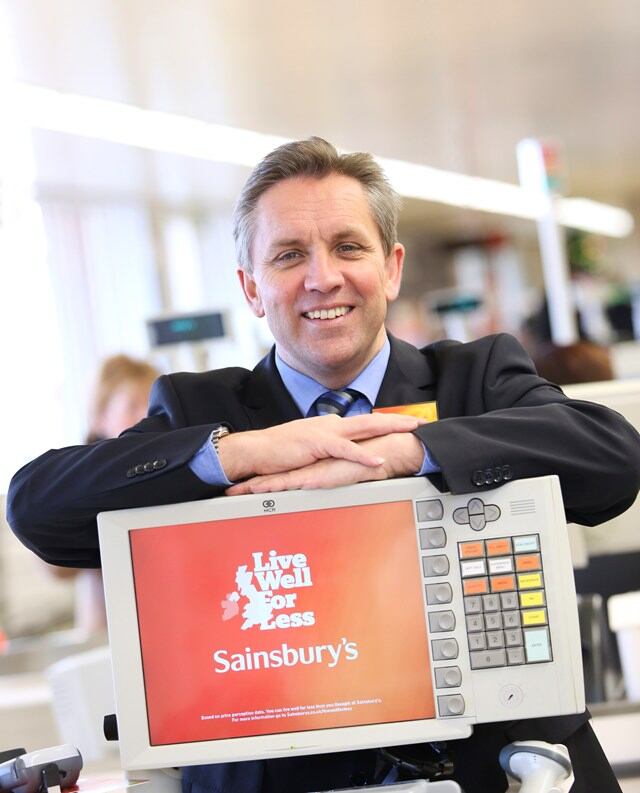Referring to comments made in a conference call covering the supermarket chain’s first quarter (Q1) trading performance, Shirley told FoodManufacture.co.uk: “They were talking about the strength of the own-label business, which has obviously come at the expense of brand.”
Own-label food sales had risen significantly across the quarter, with branded sales being “broadly flat”, he said.
The trend reflects a longer term trajectory for the business. Reporting annual results in May, it said own-label sales rose by 5% across the year, accounting for half of its food sales. Sales of its Taste The Difference range had increased by 10%, it added.
However, it now appeared that this success might be holding brands back, said Shirley.
‘Downbeat and concerning’
The retailer’s overall lacklustre performance led Clive Black, another Shore Capital analyst, to issue a note saying: “… We find Sainsbury’s commentary to be particularly downbeat and concerning about the company’s prospects for the near-term along with the supermarket segment of the market.”
The trading performance made Tesco Q1 figures, released last week, “appear a little less galling”, he said.
Sainsbury announced today (June 12) a 0.2% gain in share of the grocery retail market. Like-for-like (LFL) sales growth excluding petrol, but including VAT, edged up by 0.8% year-on-year for the 12 weeks from March 17 to June 8, it said.
This was “well below our anticipated range of 2.5 – 3.5%,” said Black. He challenged Sainsbury’s prediction for “the challenging economic environment to continue through this financial year” as “highly cautious”.

Ceo Justin King pointed to Sainsbury’s “34 quarters of LFL growth”. Following its relaunch in May, Q1 sales of Sainsbury’s own-label range rose by nearly seven percent.
Both Black and Shirley pointed out that food sales growth was lagging considerably behind non-food, although they acknowledged figures could be artificially inflated by Sainsbury’s inclusion of VAT in LFL performance.
“Non-food sales, which attract VAT, are growing at twice the rate of food,” noted Black. “LFL volumes are firmly negative for Sainsbury in the period.”
Sainsbury’s pursuit of own-label success is understandable in a market in which consumers are watching their wallets. However, evidence suggested deep discounters Aldi and Lidl and premium players such as Marks & Spencer were gaining share at the margins, noted Black.
Convenience and online
He also claimed convenience and online sales were encroaching into mainstream superstore territory for the supermarket.
Sainsbury reported Q1 convenience sales up nearly 20% and online sales more than 16% year-on-year.
In a statement based on the Q1 results, King underlined Sainsbury’s commitment to its 20x20 sustainability plan. It had achieved a zero waste to landfill target across all operations and a 50% water reduction target.
Sainsbury’s support for local sourcing had been demonstrated by the recent opening of the Dunbia Llanybydder factory in Wales, which supplies meat to the retailer, said King. The facility had “secured 600 jobs in the rural community”.
For more on the Dunbia plant opening, click here.
